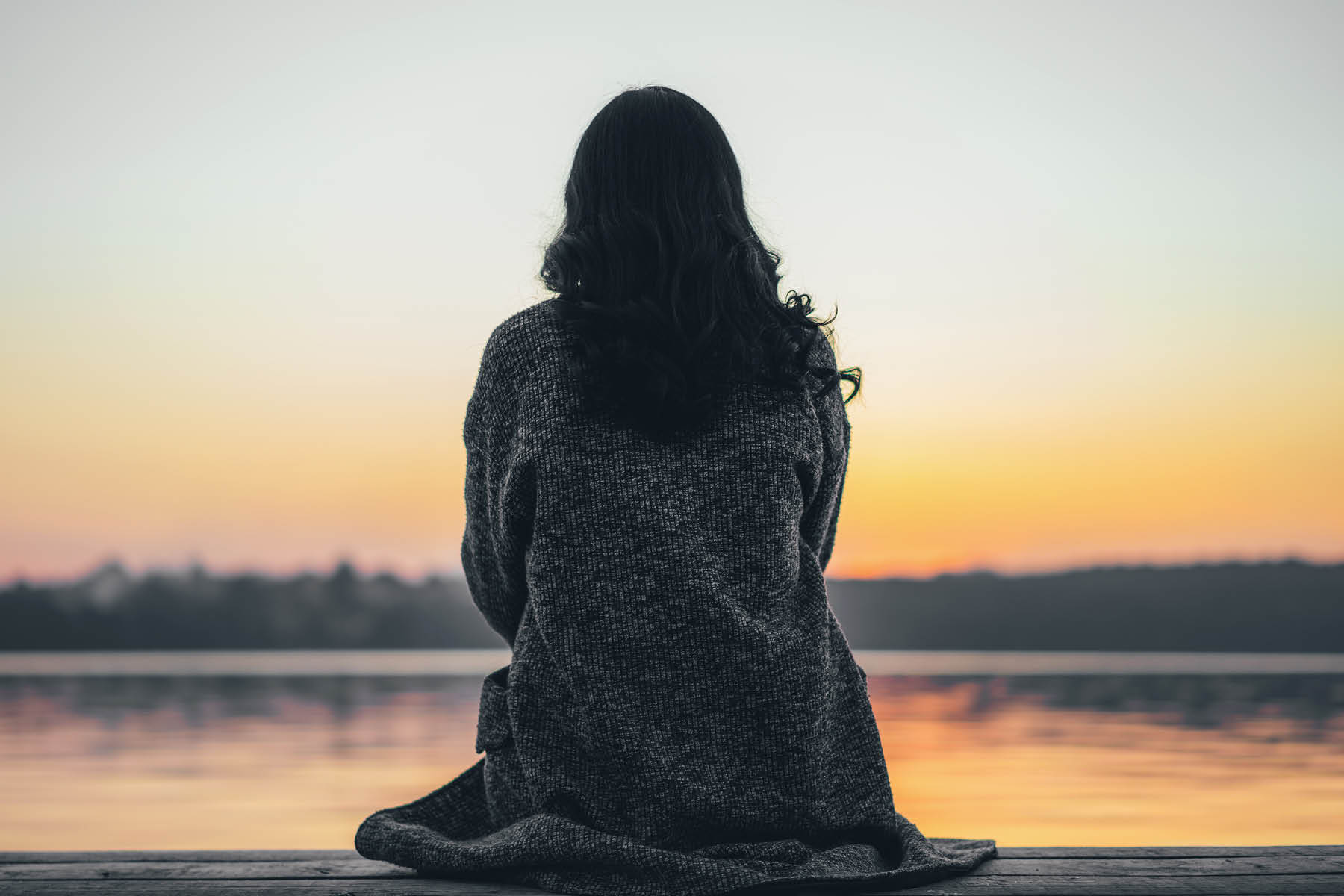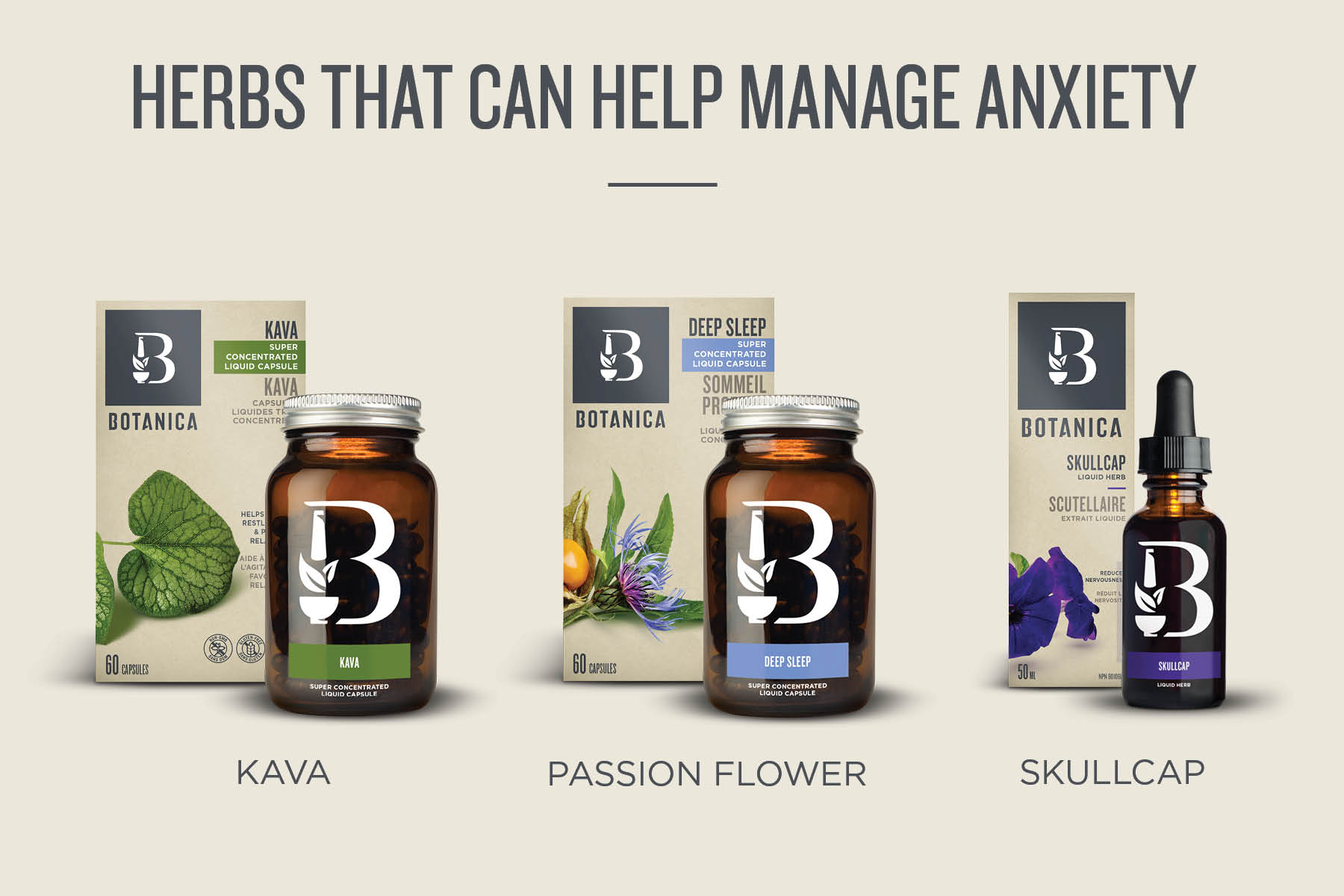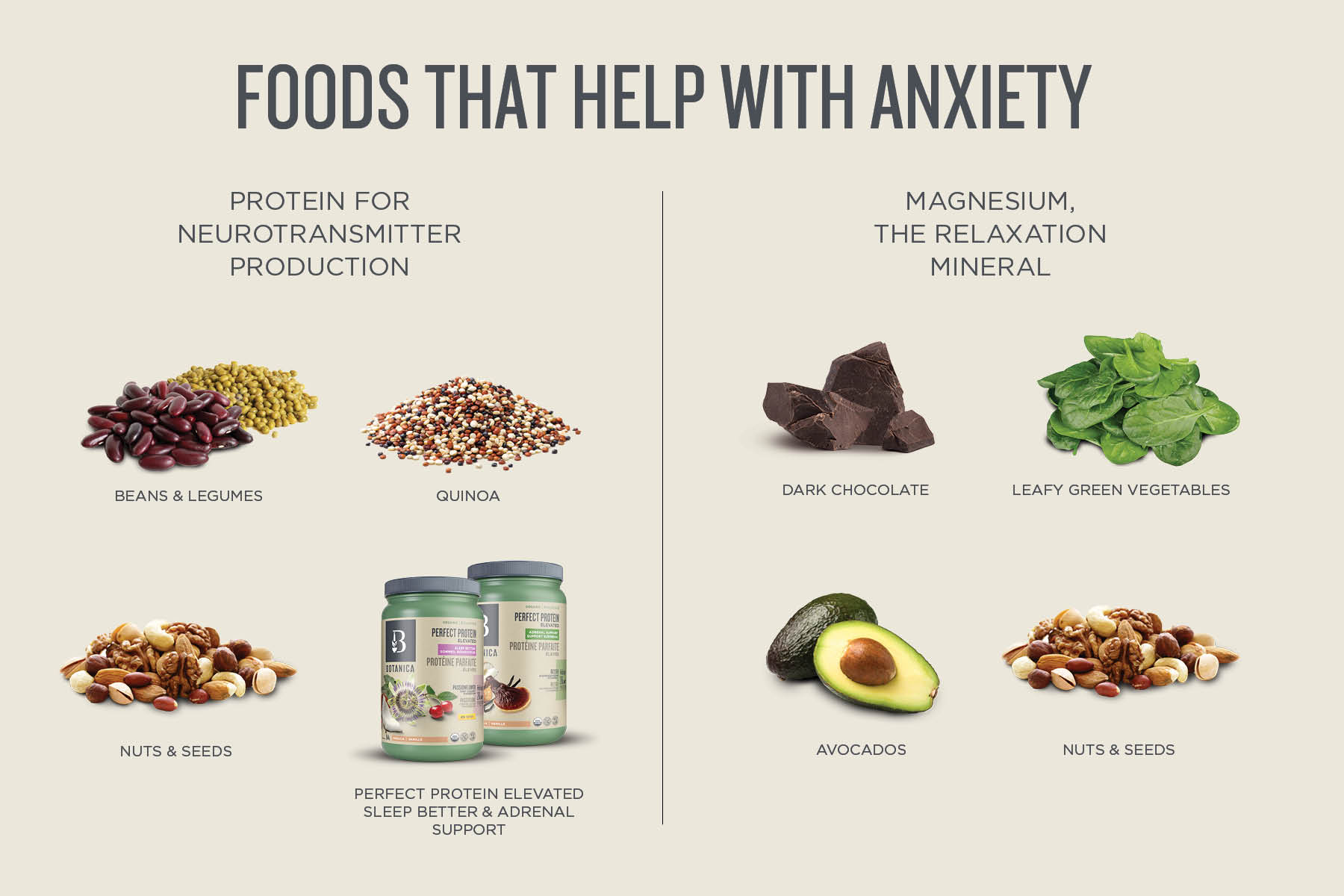Everything looks fine from the outside… but inside it’s a roiling, chaotic storm of thoughts and worries, shame and guilt. You want to scream and break out into a run but feel too paralyzed to move or make a sound. Anxiety can be an incredibly uncomfortable experience, and it’s only natural to want to veer as far away from it as possible. To squash and tame any nugget that dares to rear its ugly head.
But what if anxiety is your inner wisdom speaking up? What if it’s a doorway to deeper insight and true healing; your soul language telling you that something in your life is out of balance? Sheryl Paul speaks to this in The Wisdom of Anxiety, how powerful it can be to shift from a mindset of shame to one of curiosity. Could your anxiety be an opportunity for growth, rather than a source of shame?
The meaning of anxiety
How can your anxiety possibly be of benefit? Let’s begin by asking ourselves why we experience anxiety in the first place. It’s a very normal emotion that we all face repeatedly throughout our lives. Anxiety is how we respond to stress, it’s a way of alerting us that we are in potential danger – a built-in survival mechanism that tells us something isn’t quite right.
In today’s world, much of what causes us stress and anxiety is more subtle than a sabre-tooth tiger chasing us. It’s work stress, money stress, relationship stress and so on. It’s often long term challenges and issues that don’t resolve within minutes or hours and that are layered by our own belief systems and perceptions of what is happening around us.
Anxiety, however, can make us smarter, more alert, and can be a guide to deeper healing. [1] Acknowledging that it is there for a reason, and being willing to flow with it and learn from it can be very empowering.
How to flow with your anxiety
As Confucius put it so well – “The green reed which bends in the wind is stronger than the mighty oak which breaks in a storm.” Can we learn to flow and bend with what we are experiencing?
- It begins with compassionate attention. Simply noticing and acknowledging whatever is there. Giving it permission to be there.
- There is no need to sit still if your body has a strong need to move – go for a walk or dance to your favourite song.
- Be gentle with yourself as you are exploring this, it can be scary and feel overwhelming; there is no need for forcefulness or harshness.
- Acknowledge the sensations and likely discomfort of the moment, name each of these sensations and remind yourself they are just that – sensations.
- Can you maybe treat your anxiety like an old and loving friend who is struggling? Not push it away but rather invite it in, if only for a minute.
- Speak to it with some curiosity – what are you trying to tell me? What are you here to help me learn?
When your anxiety gets to be too much
There are many ways to ‘be with your anxiety,’ some mentioned above, but not all are appropriate for everyone at all times. There are times when anxiety is too intense or too prevalent, and it can feel impossible to focus for more than 5 seconds.
Professional guidance can be of vital support in these situations along with prescription medications. Nature also offers us some tools that can be of great benefit to ease the intensity and help give you the space and time to do some of this deeper exploration.
Herbs that can help manage anxiety
GABA is the primary inhibitory neurotransmitter in the brain. Essentially, it promotes calmness and relaxes muscle tension. Many prescription medications for anxiety work on the GABA pathway. A number of wonderful herbs that promote relaxation also have an impact on GABA, usually by binding to GABA receptors. [2] [3] [4] These herbs can be very helpful to calm anxiety. Let’s take a look at some of my favourites.
Kava (Piper methysticum)
Probably one of the best known herbs for anxiety, Kava root originates from the Pacific Islands where it is still regularly used as a ceremonial drink. Kava can be fast acting and provide some relief when anxiety is high. Botanica’s Kava Super Concentrated Liquid Capsules are a wonderful way to easily get a therapeutic dose with a single capsule.
Passionflower (Passiflora incarnata)
Passionflower is one of my personal favourites for ongoing support of stress and anxiety. Especially if there’s a strong component of a racing mind that you just can’t turn off. At lower doses, Passionflower is a lovely aide that brings in some calm and relaxation in your day. At higher doses, it is often used for its sedative effect to support sleep. This is why it’s a key ingredient in two of Botanica’s top sleep formulas – Perfect Protein Elevated Sleep Better and Deep Sleep Super Concentrated Liquid Capsules.
Skullcap (Scutellaria lateriflora)
When the anxious tension has been riding you hard, and your body is tight as a board from spending too much time in fight or flight mode, Skullcap is a great choice to help transition to a calmer, more parasympathetic nervous system state. Botanica’s Skullcap Liquid Herb is a gentle option that can be added to your daily routine.
Foods that help with anxiety
The foods you eat have a huge impact on your health… yes, we all know this… but did you consider the impact they have on your brain, including your mood? We’ve all experienced the sugar high when we have tons of energy and are feeling great (I get giggly), followed by the depressing crash when our energy and mood drops, sometimes unbearably so. This is an obvious and easy to observe example of the impact that food can have on our emotional state. But on a daily, ongoing basis, our diet can have many subtle but important effects on our general state of being. Two nutrients in particular to consider when anxiety is prominent in your life include daily protein intake and foods rich in magnesium.
Protein for neurotransmitter production
Protein rich foods are a prime source of amino acids needed to produce important neurotransmitters involved in preventing depression and anxiety (including GABA!). A diet rich in protein also provides more sustainable and balanced energy, as well as prolonged satiety so you tend to reach for those sugar boosts a little less often. Consider increasing plant based sources of protein regularly in your diet such as beans, legumes, quinoa, nuts and seeds. Two great protein formulas by Botanica that also include herbs to support calmness and mood are Perfect Protein Elevated Adrenal Support and Perfect Protein Elevated Sleep Better.
Magnesium, the relaxation mineral
Magnesium is often dubbed the relaxation mineral because it literally helps relax muscles, but has also shown benefits in calming anxiety. [5] Dark chocolate is probably the most popular source of magnesium, but its caffeine and sugar content could work against you in a highly anxious state. Look for green leafy vegetables, avocados, nuts and seeds. Personally, I quite enjoy a nice cup of nettle leaf tea.
It’s a journey of self discovery, it takes time
The insights that we can gain from flowing with our anxiety rather than pushing against it can be powerful and life changing. But they take time and do not happen in a straight line of increasing calmness. We can find ourselves riding waves of anxiety as we work through some of the deeper aspects that led to its presence in the first place. This is when I particularly love the help of our herbal friends.
As you progress on this journey, recognize your own courage. It can be challenging to face things within yourself that you don’t understand or want to push away. It takes courage to embark on a path without knowing where it’s taking you.
References
[1] https://www.goodtherapy.org/blog/7-ways-anxiety-actually-works-to-your-advantage-0202165
[2] Lundstrom K, Pham HT, Dinh LD. Interaction of Plant Extracts with Central Nervous System Receptors. Medicines (Basel). 2017 Feb 23;4(1):12. doi: 10.3390/medicines4010012. PMID: 28930228; PMCID: PMC5597072. https://www.mdpi.com/2305-6320/4/1/12
[3] Chua HC, Christensen ET, Hoestgaard-Jensen K, Hartiadi LY, Ramzan I, Jensen AA, Absalom NL, Chebib M. Kavain, the Major Constituent of the Anxiolytic Kava Extract, Potentiates GABAA Receptors: Functional Characteristics and Molecular Mechanism. PLoS One. 2016 Jun 22;11(6):e0157700. doi: 10.1371/journal.pone.0157700. PMID: 27332705; PMCID: PMC4917254. https://www.ncbi.nlm.nih.gov/pmc/articles/PMC4917254/
[4] Bruni O, Ferini-Strambi L, Giacomoni E, Pellegrino P. Herbal Remedies and Their Possible Effect on the GABAergic System and Sleep. Nutrients. 2021 Feb 6;13(2):530. doi: 10.3390/nu13020530. PMID: 33561990; PMCID: PMC7914492. https://www.ncbi.nlm.nih.gov/pmc/articles/PMC7914492/
[5] Boyle NB, Lawton CL, Dye L. The effects of magnesium supplementation on subjective anxiety. Magnes Res. 2016 Mar 1;29(3):120-125. English. doi: 10.1684/mrh.2016.0411. PMID: 27869100. https://pubmed.ncbi.nlm.nih.gov/27869100/



